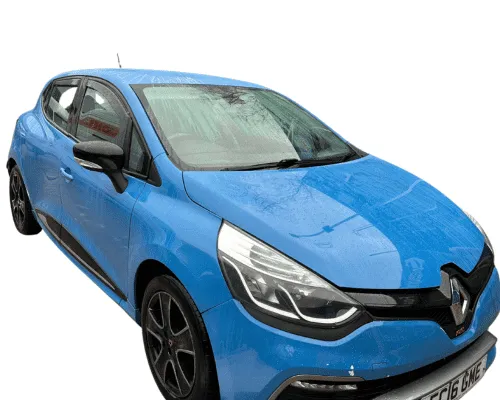
How to Sell a Non-Running Car – Turning Rust into Cash
So you’ve got a car that’s gathering dust because it won’t start—what now? Selling a non-running vehicle might sound daunting, but with the right approach, it’s surprisingly straightforward and can net you a decent return. Whether you’re aiming to recoup scrap value or attract a project buyer, this guide gives you the best routes to sell a non-running car efficiently.
Why Sell Your Non-Running Car Now
A broken-down car isn’t just an eyesore—it’s also a drain on space, potentially costing you storage, insurance, or tax if it’s SORNed or untaxed. Selling it quickly frees you from future maintenance, repair burden, or increasing depreciation, especially if critical issues like a failing transmission emerge
How Much Can You Get for It?
Here’s a rough breakdown based on recent market info:
-
Scrap-only value: Typically between $100–$500 depending on weight and metal prices
- Non-running but with minor faults: $300–$1,500 or more, depending on make and usable parts
- Classic, rare, or popular models: $1,000–$10,000+, especially if collectors are interested
Reddit users also note that scrap yards may offer $200–$500, and are often willing to tow the vehicle at no extra cost—making it a hassle-free sale
Where You Can Sell It
1. Junk or Scrap Yards
-
Sweet spot for cars that are more metal than mechanical.
-
Offers can be quick; some even include free towing.
2. Specialized Buyers
-
Sites like Copart Direct or Cash For Cars buy non-running vehicles, often with instant offers and paperwork handled
3. Private Buyers / DIY Enthusiasts
-
Market it as a “project car” on marketplaces or social media.
-
Clearly disclose its condition and failure points—honesty builds trust.
-
Some Reddit users report success getting offers around double what scrap yards pay
Steps to Sell Smoothly
-
Gather paperwork—title, ownership documents, and maintenance logs if you have them.
-
Assess condition—note whether it’s an engine, transmission, or electrical problem.
-
Choose the best market—scrap yard for convenience, private sale for higher price, or salvage buyer for simplicity.
-
Get multiple quotes—compare offers and services like free towing or local pickup.
-
Complete safely—transfer ownership properly, remove plates, and cancel insurance.
FAQs – Selling a Non-Running Car
1. Can I sell it without a title?
It depends on location laws. You’ll likely need title or lien release to transfer ownership.
2. Do I need to clean or repair it first?
Light cleaning helps, but expensive repairs usually reduce profit. Better to sell as-is.
3. Can I donate it instead?
Yes—many charities accept non-running cars and may pick them up, providing a tax receipt. (Check local charity options.)
4. Is private sale better than scrap?
Potentially for higher profit—but scrap is faster and less hassle.
5. Should I wait for a private buyer instead of junkyard?
Test the market first. If no offers arrive after a week or two, scrap it to avoid holding costs
Conclusion
Selling a non-running car doesn’t have to be a headache—or a loss. Whether you want convenience, maximum cash, or minimal paperwork, there’s a route for you. Compare offers, be transparent about the car’s condition, and choose the path that fits your priorities. Before long, that old heap will be out of your driveway—and in someone else’s project—or scrap heap—with a little cash in your pocket.